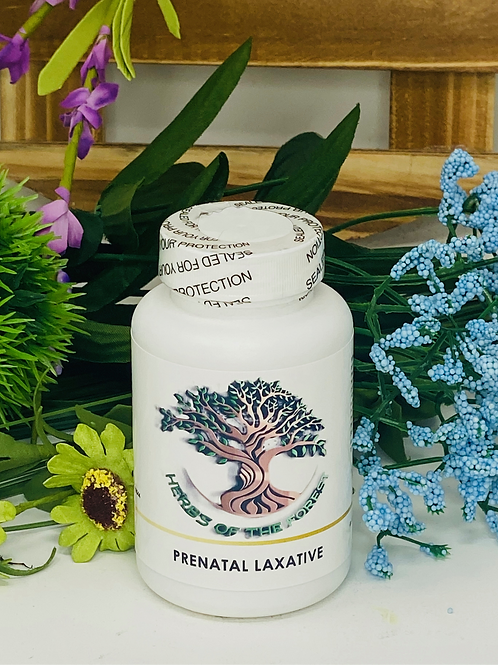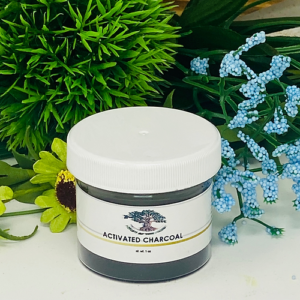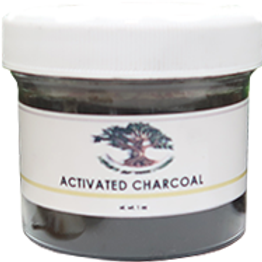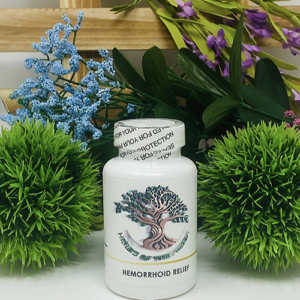Prenatal Laxative
$18.95
Prenatal Laxative
Signs of infrequent bowel movements during pregnancy
If you’re pregnant, you’ve probably experienced these three familiar signs of constipation infrequent bowel movements, abdominal pain and the passage of hard stools. Hormonal changes, pressure on the womb, and the inorganic iron in prenatal vitamins are to blame for constipation.
Why are you bowel movements difficult?
An increase in the progesterone hormone during pregnancy causes the relaxation of your body’s muscles, which includes your intestines. And slower moving intestines means slower digestion. Inorganic iron consumption usually in the form of iron ferrous dries up the intestinal walls. The intestinal track being compressed as the fetus grows can also cause irregular bowel movements. These all contribute to constipation during pregnancy.
Constipation is common during pregnancy. Almost three out of four pregnant women will experience constipation and other bowel issues at some point. There are a whole host of remedies available for relieving constipation, from over-the-counter pills to natural cures. But when pregnancy’s involved, the number of solutions shrinks.
Five preventative measures to address infrequent bowel movements during pregnancy.
Eat more fiber
A diet high in fiber helps prevention constipation. It also supplies pregnant women with vitamins and antioxidants. Pregnant women should try to consume 25 to 30 grams of dietary fiber each day to stay regular and healthy. Good choices include fresh fruits, vegetables, beans, peas, lentils, bran cereals and prunes.
Drink more water
It’s important to stay hydrated during pregnancy. That might mean doubling your water intake. Pregnant women should drink at least eight 12-ounce glasses of water a day. The general rule is to drink half of the body weight in ounces of water daily. For example, at 160 lbs, you should drink 80 ounces of water daily. This will help keep your bowels soft and moving smoothly through your digestive tract.
Don’t over eat
Try breaking up your daily food intake into five or six smaller meals to help with constipation relief. This will allow the stomach to digest food without having to work overtime, and allow it to transfer food to the intestine and colon smoothly. Eating large meals can overload your stomach and make it harder for your digestive system to process what you’ve consumed.
Stay relatively active
Regular physical activity can help reduce constipation. Exercise stimulates your bowels. Pregnant women should try to exercise three times a week for 20 to 30 minutes each. The options for exercise are endless. Try walking down your favorite hiking path, swimming at your local gym, or practicing prenatal yoga on a relaxing afternoon. Check with your doctor about what exercises are recommended for you and your baby.
Use plant based stool softeners
If other natural options have failed, doctors will sometimes prescribe stool softeners on a short-term basis to help pregnant women with constipation. However, long-term use can lead to dehydration or change your electrolyte balance. A better option is a plant based stool softener that is not addictive. Stool softeners help moisten your bowels so they are easier to pass. They are especially useful for pregnant women taking constipation-causing iron supplements.
FUNCTION: This prenatal laxative can be used during all stages of pregnancy and will assist with the prevention and healing from constipation and hemorrhoids. Helps maintain the colon, aid in the proper formation of stools, and keep bowel movements frequent while pregnant. Many women experience constipation during pregnancy due to increased inorganic iron (iron ferrous) intake from the Pre-natal vitamins provided. Inorganic Iron dries the intestinal walls and causes gas and constipation.
Ingredients: Chamomile, Slippery Elm Bark, Irish Moss, Bibitaki, Rhubarb Root, Ginger, Buckthorn, Psyllium Husk, Bilwa, and Jalap Root
Prenatal Laxative
$18.95






